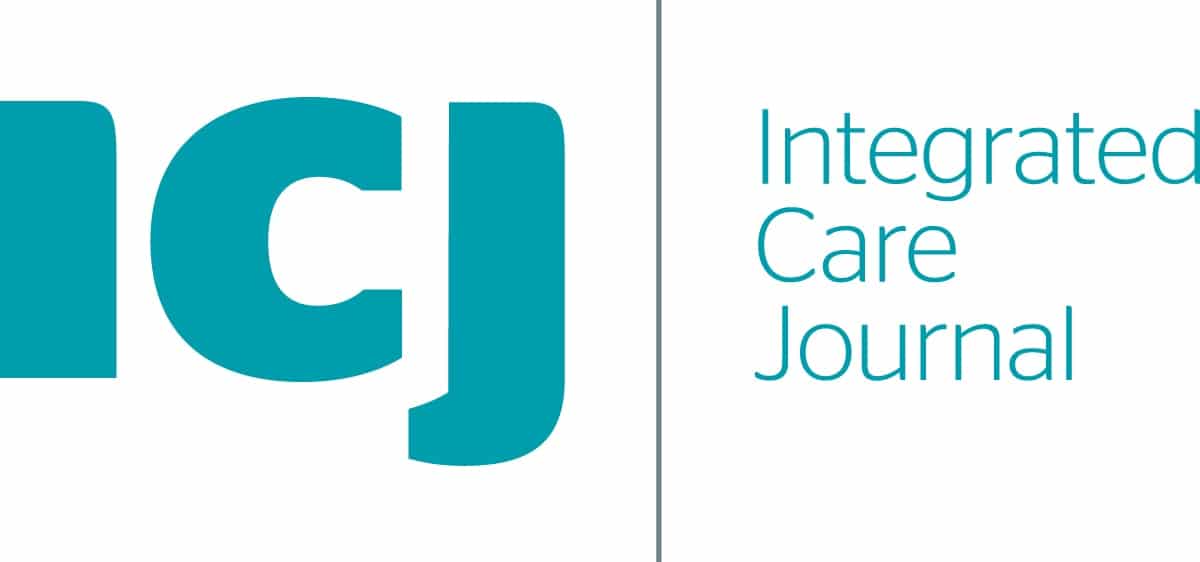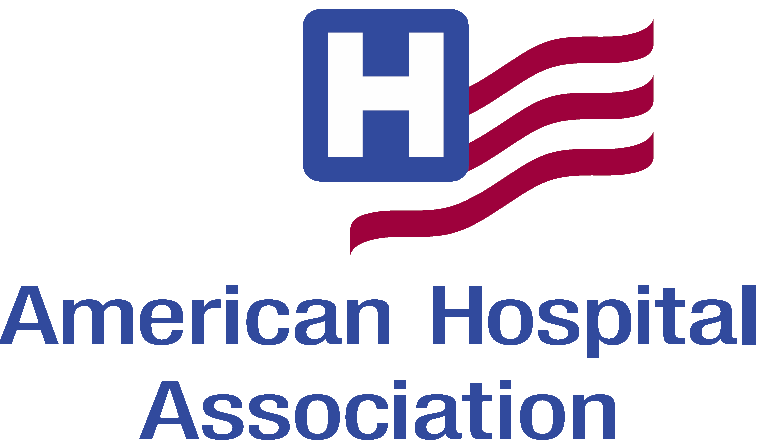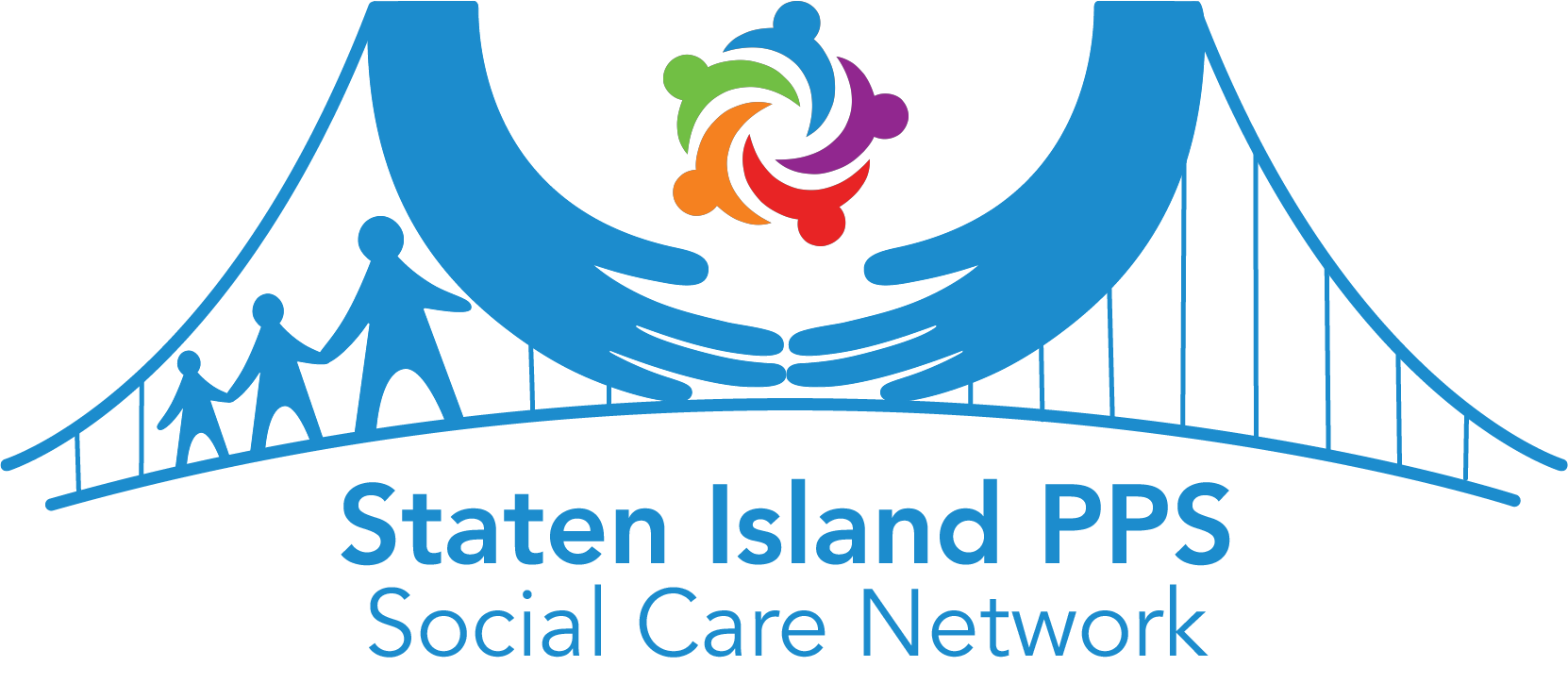About Us
Research & Publications

Deploying Evidence Making Solutions for Health Equity
Aug. 2024 | In this initiative, the SI PPS is deploying tech-enabled solutions to house the homeless and bring resources to those in need. This is an example of our use of technology to enable community health workers (CHW) to engage homeless and at-risk community members in Staten Island, a borough of NYC with a population of 500,000

The Importance of Technological Innovation to Address the Overdose Crises
Jan. 2024 | Despite the grimmest era of drug addiction and overdose death in our history, healthcare providers are struggling to implement innovative programs to address the crisis as they do not have the right blend of good treatment supported by innovative technology and data analytics.

A case study in effective integration: the Staten Island PPS
Aug. 2022 | To achieve performance goals, SI PPS used a standardised approach that focused on a system of care methodology. Systemic identification of gaps in services, skills, and community resources led to the design, implementation, evaluation, refinement, and sustainability of programmes. These addressed gaps identified from quantitative and qualitative assessments and have been implemented with SI PPS oversight, funding, and other resource support.
The Journal of Substance Use
Safe opioid prescribing: a community-based approach
Dec. 2021 | A committee of prescribers was formed to create safe prescribing guidelines. The recommendations included prescribing standards, education on non-opioid alternatives, safe disposal, and screening for substance misuse. Community-wide attention was brought to the topic via media campaigns, patient literature, and the involvement of multiple community stakeholders. After the education of over 500 prescribers, the postintervention period resulted in significant and sustained reductions in all indicators.

Reducing Sepsis Hospitalisations through a Standardized Quality Improvement Program in Skilled Nursing Facilities
Oct. 2021 | A SQIP (Sepsis Quality Improvement Program) in a long-term care setting could reduce avoidable hospitalisations and offer cost savings. The SQIP reported is a complex intervention and needs to be methodologically understood as such. The intervention shows promise and important insights into its implementation and evaluation have been developed which would be helpful in further evaluation.

Preventing Opioid Overdose: From Prediction to Operationalization
Jul. 2021 | The opioid epidemic remains a significant public health challenge in the US. A catalyst for reducing the incidence of opioid-related harm could be the development and operationalization of patient risk stratification models. Prior work has focused on the statistical performance of such models, usually tailored to specific adverse events or sub-populations, without considering operational implications. A particular challenge in this context is predicting the most severe outcomes (fatal overdoses) due to imbalanced datasets.

Fentanyl Test Strips as a Form of Harm Reduction: Study Outcomes
Mar. 2021 | The program began issuing fentanyl test strips to harm reduction clients on April 2019 through November 2019. All opioid using clients enrolled in the harm reduction services were eligible to receive fentanyl test strips due to heightened concerns about possible fentanyl-related overdose. Harm reduction services available at the site included a syringe access program, counseling and group services, and buprenorphine treatment.

Apprenticeships Answer Emerging Workforce Demand
Oct. 2019 | To meet the demand for health care workforce development and expansion, New York’s Staten Island
Performing Provider System (SI PPS) partnered with the College of Staten Island and SEIU/1199 Training and Education Fund to sponsor an apprenticeship program and short- and long-term training strategies.

Enhanced CRPA and CHW Training and Workforce Transformation
Jul. 2019 | The Certified Recovery Peer Advocate (CRPA) and Community Health Worker (CHW) are two emerging workforce roles in health care. A CRPA is a person who uses lived experience with substance use disorder (SUD) and who have been certified to provide peer support services including non-clinical coaching, support, information, guidance and motivation to those seeking or sustaining recovery from a substance use disorder. A Community Health Worker is a front-line public health worker who helps individuals and families to connect to healthcare and social service resources that will further support their wellness.
Poster Presentations
© PRIVILEGED AND CONFIDENTIAL: These presentations have been prepared in accordance with the Public Health Law Section 2805 j through m and Education Law Section 6527. Reproduction or distribution without prior written consent from Staten Island PPS is prohibited.
Safe Prescriber Pledge: A Community Based Approach
Expanding Capacity of Community Based Organizations to Address Social Determinants of Health
The Impact of Certified Peer Recovery Advocates in the Emergency Room
Health Literacy: Social Determinants of Health’s MVP
Re-Housing Homeless Individuals Residing in NYC Shelters through Multi-Agency Collaboration
Insight from Claims Data to Address Antidepressant Medication Adherence
Optimizing Quality of Life for Patients with Chronic Illness Through Palliative Care
Utilizing the Production Environment to Engage Partners in Outcome Improvement
Utilizing Telemedicine to Reduce Avoidable Emergency Department Visits in Office for People with Developmental Disabilities (OPWDD) Licensed Residences
Using Local Partnerships to Create a Community Navigator Program that Links Residents to Healthcare Services
A Trained Workforce is a Transformed Workforce: Developing Sustainable Integrated Training and Process Improvement
Impact of Asthma Interventions on the Pediatric Asthma Superutilizer
Using a Collaborative And Innovative Model to Impact Behavioral Health Care Outcomes
Impact of Social Determinants of Health on High Risk Superutilizer Populations
Using Peers to Improve ED Patient Engagement and Linkage to Substane Use Disorder (SUD) Services
Designing a Health Literacy Action Plan to Impact Performance Measures
Opioid Safe Prescriber Pledge Campaign: An Analysis of a Community-Based Response to the Opioid Crisis

